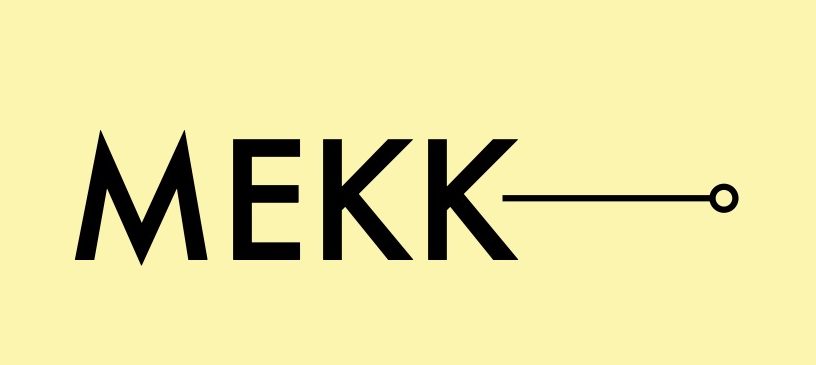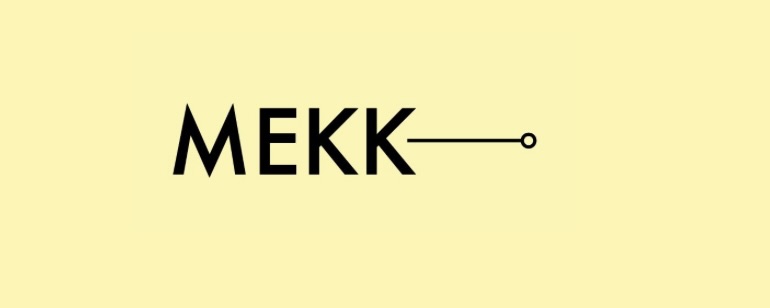
International Reporter (IR) joins the Ukraine project
International Reporter (IR) becomes partner in the project ‘Shared Frontlines and Democracy’, which aims to combat desinformation and provide Norwegian newsrooms and journalists with information about Ukraine.
Internasjonal reporter (IR) will be the project’s Norwegian partner, and Chair of the Board Vilde Skorpen Wikan believes the initiative is timely.
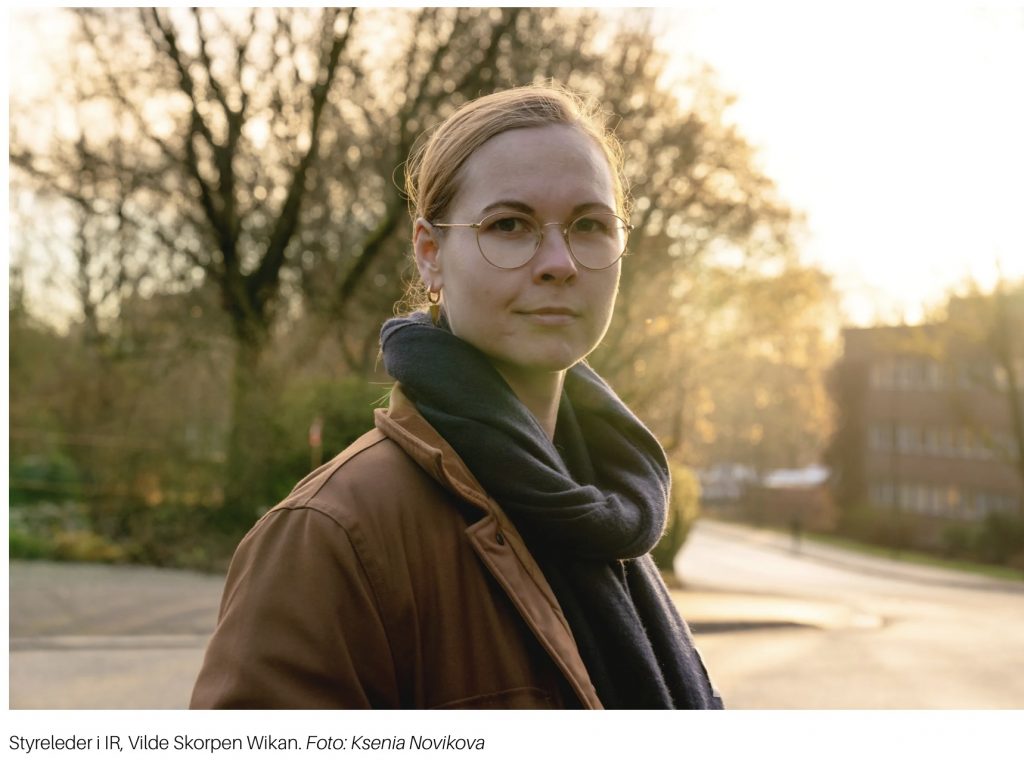
–It is important for Internasjonal reporter to help ensure that journalists gain greater familiarity with issues related to Ukraine, says Wikan.
– Everyone who has worked in a Norwegian news newsroom in recent years knows how much the war and its ripple effects shape everyday life. This is not just about foreign affairs coverage. The situation in Europe and the relationship with Russia have major consequences for Norwegian politics and society
Read more about the project Shared Frontlines and Democracy here.
New Special Issue out:
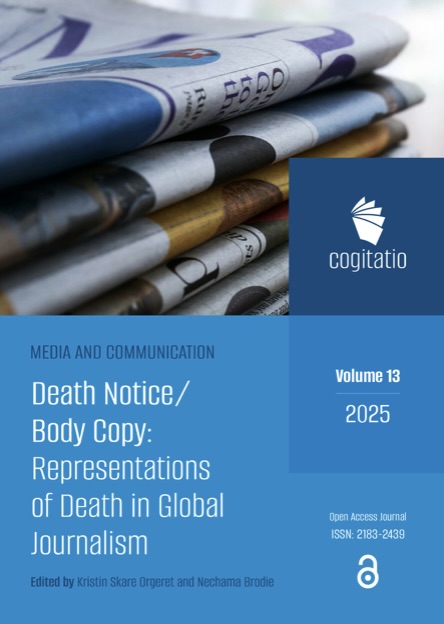
Special Issue on Representations of Death in Global Journalism edited by Nechama Brodie and Kristin Skare Orgeret
Table of Contents:
Memento Mori: Noticing Death in Global Media by Nechama Brodie and Kristin Skare Orgeret
Missing Bodies, Silent Pages: How Turkish Media Portrays Journalist Murders and Silence by Önder Deniz, Hüseyin Vehbi İmamoğlu and Taybe Topsakal
Celebrity Suicides in China: How Social Media Shapes News Framing by Shiyu (Sharon) Zheng and Shiyi Zhang
Mediation of Gendered Life and Death Within Intersecting Regimes of Patriarchy, Authoritarianism, and Necropolitics by Melike İşleyen and Barış Çoban
Convening Black Sociability Over a Corpse: Obituaries in the Early South African Black Press by Lesley Mofokeng
The 1927 Mapleton Train Disaster, Memorialisation, and the Media’s Role in Narrating the Dead by Laurence Stewart and Thandi Bombi
Ethical Principles in the Portrayal of Death and Suffering: Finnish Photographers Covering the Russia–Ukraine War by Liia-Maria Raippalinna, Suvi Mononen, Markus Mykkänen and Turo Uskali
You Have not Disappeared: Digital Mourning Spaces After a Social Media Celebrity’s Self-Obituary by Chuanlin Ning
Cut-Off Low (DANA) in Valencia: Visual Representation of Death and Grief in Photojournalism by Montse Morcate and Rebeca Pardo
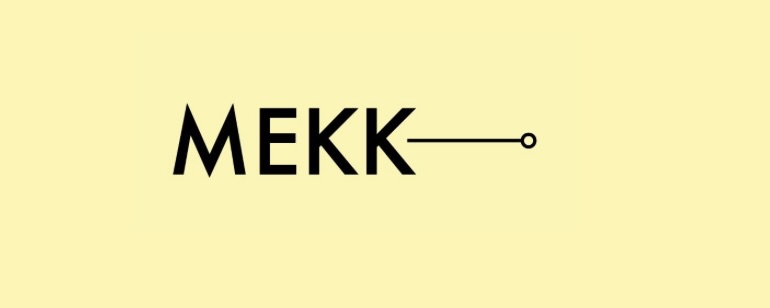

New Project: Shared Frontlines and Democracy: Strengthening Ukraine Expertise and Collaboration in Norwegian Journalism and Education
We are very please to have received funding from HK-Dir to the new project Shared Frontlines and Democracy! Read more about it here.
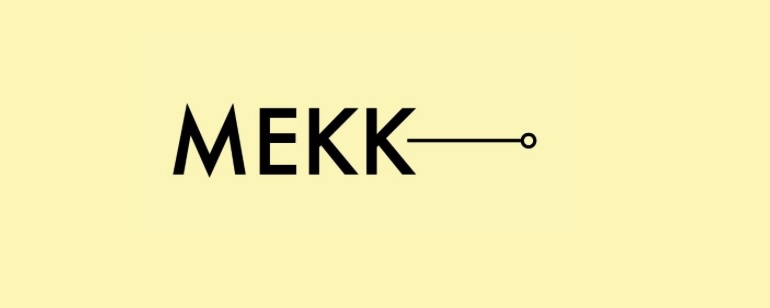
-
Invitation to Norwegian Journalists: Educational Trip to Ukraine
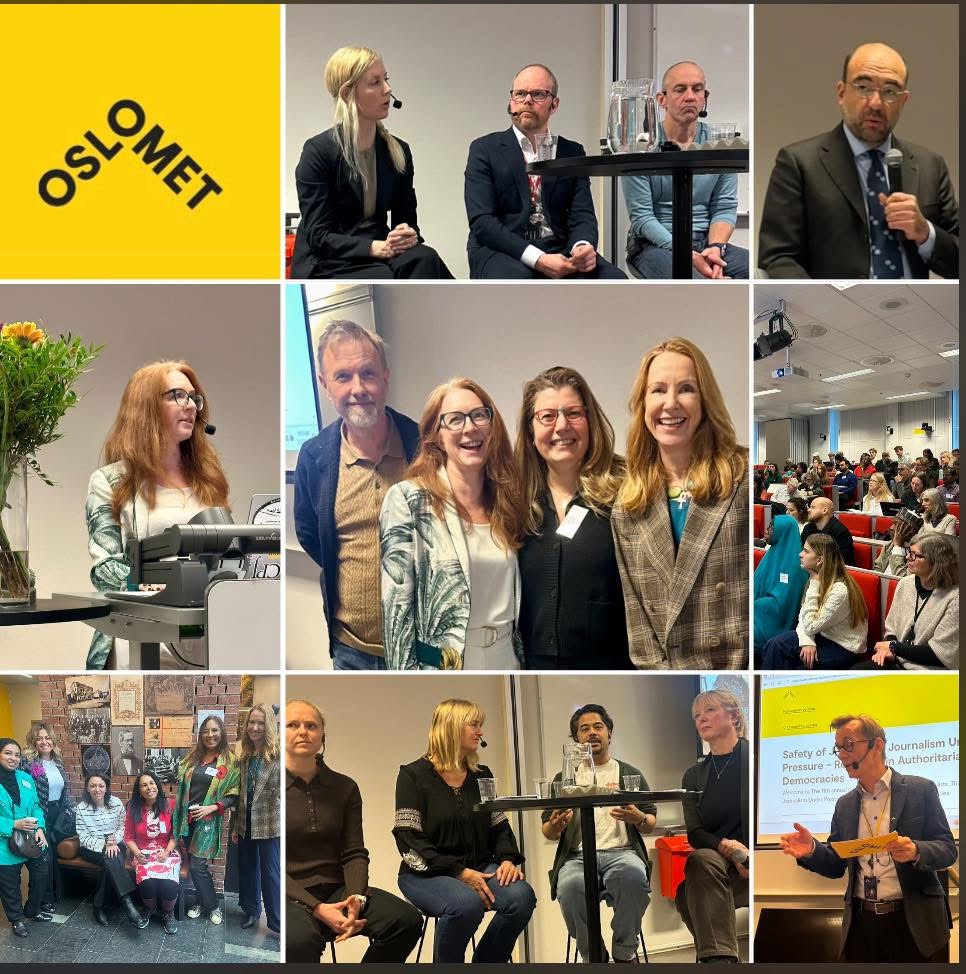
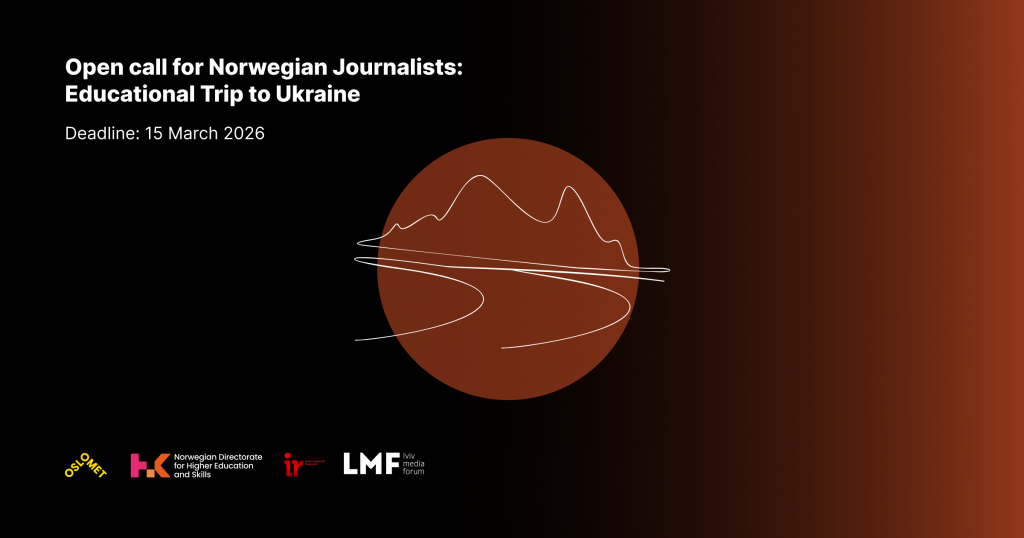
Call for Participation
Educational Trip for Norwegian Journalists to Ukraine | 12–21 May 2026
Within the framework of the project Shared Frontlines, we invite Norwegian journalists to participate in an educational trip to Ukraine taking place from 12–21 May 2026.
The program includes:
- Participation in the international LMF 2026 media conference Lviv Media Forum (held in English) in Lviv
- A four-day field trip organized around the interests of the participants and in consideration of current security restrictions.
All expenses related to the travel and stay in Ukraine will be covered by the Shared Frontline project through OsloMet University.
The trip is organized in collaboration with our Ukrainian partner, Lviv Media Forum, and our Norwegian partner, International Reporter.
About the Shared Frontlines Project
The project is coordinated by Oslo Metropolitan University, Media, War and Conflict research group (MEKK), and financed by the Directorate for Higher Education and Skills (HK-dir), and aim to strengthen cooperation between Norwegian and Ukrainian journalists, provide Norwegians with greater knowledge about Ukraine, and develop tools to expose propaganda and fake news. Through organizing study trips to Ukraine, open seminars based in Norwegian universities and development of digital learning tools, this project will strengthen society’s overall ability to defend the democratic values that unite our communities, while promoting lasting cooperation between journalists and educational institutions in both countries.
About Lviv Media Forum
The NGO Lviv Media Forum strengthens media, institutions, and public figures capable of fostering healthy public dialogue in Ukraine and beyond. Organization’s
OurThe organizationFor further inquiries, please contact:
Project Coordinator Oleksandra Hrybenko, hrybenko@oslomet.noThe number of places is limited.
Apply here: https://nettskjema.no/a/599514Deadline: 15 March 2026
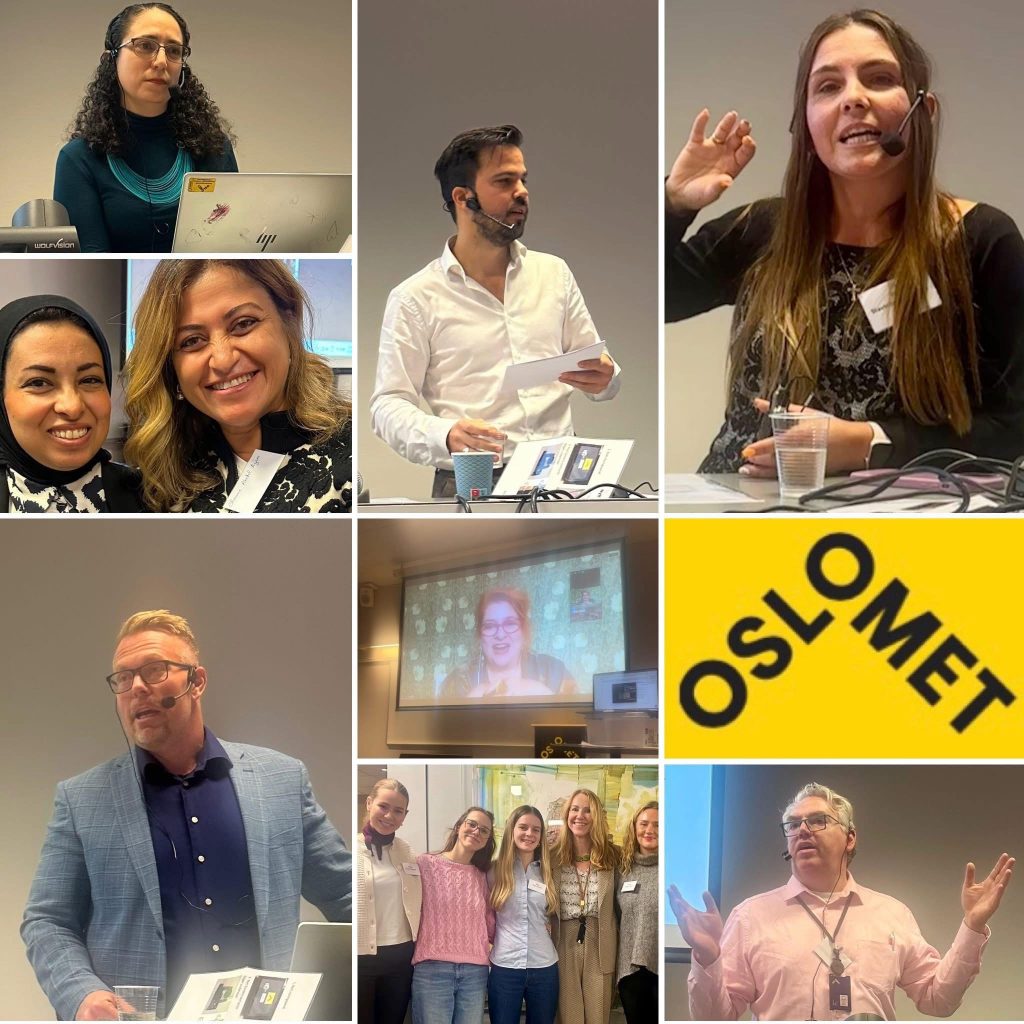
- March 2026 (1)
- February 2026 (1)
- January 2026 (2)
- October 2025 (2)
- June 2025 (1)
- January 2025 (2)
- November 2024 (4)
- October 2024 (1)
- May 2024 (1)
- November 2023 (1)
- October 2023 (1)
- September 2023 (1)
- May 2023 (1)
- March 2023 (3)
- January 2023 (1)
- November 2022 (16)
- October 2022 (2)
- September 2022 (2)
- May 2022 (3)
- April 2022 (3)
- November 2021 (1)
- October 2021 (3)
- September 2021 (1)
- August 2021 (1)
- June 2021 (1)
- May 2021 (3)
- January 2021 (1)
- December 2020 (11)
- November 2020 (1)
- April 2020 (4)
- March 2020 (1)
- February 2020 (7)
- January 2020 (2)
- December 2019 (3)
- November 2019 (5)
- October 2019 (9)
- September 2019 (1)
- August 2019 (2)
- July 2019 (1)
- June 2019 (1)
- May 2019 (2)
- April 2019 (4)
- March 2019 (8)
- February 2019 (3)
- December 2018 (1)
- November 2018 (2)
- October 2018 (3)
- September 2018 (2)
- August 2018 (1)
- June 2018 (2)
- May 2018 (2)
- April 2018 (1)
- March 2018 (3)
- February 2018 (2)
- January 2018 (3)
- December 2017 (2)
- November 2017 (5)
- October 2017 (5)
- September 2017 (2)
- August 2017 (5)
- July 2017 (1)
- June 2017 (2)
- May 2017 (5)
- April 2017 (2)
